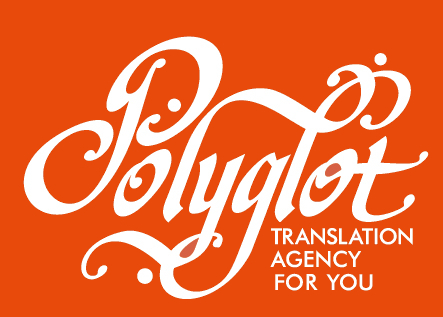Interpreting as a business communication tool
It is hard to impress anyone with speaking English in the modern business world. However, not many can boast speaking it fluently enough to hold a successful meeting with international partners.
One would need to know field-specific vocabulary, catch on verbal subtleties, artfully ward off opponent’s arguments and skirt contentious issues in a diplomatic manner during the conversation which can be challenging even in the mother tongue. Communication with international partners may sometimes require speaking Chinese, Korean or other uncommon languages. That is why a professional interpreter is often indispensable for a productive international business meeting.
Below you will find the description of different types of interpreting services, suitable situations and the ways an interpreter can influence the course of negotiations.
Interpreting Service that Suits Your Needs
Simultaneous interpreting is preferable for large-scale events such as summits, conventions, conferences, etc. as it facilitates focusing attention of a big audience. Speakers don’t pause and the interpreter’s voice sounds concurrently with them talking. Simultaneous interpreting requires special equipment that either can be hired or the event can be held in an equipped conference hall. Pace of work is very intense so hiring two or even three interpreters is a must.
A form of simultaneous interpreting called chuchotage means ‘whispering’ in French. Whispered interpreting is done for one or two persons and does not require special equipment.
Whispered interpreting is utilized when:
- negotiations go face-to-face;
- only one person at an event does not speak the language;
- it is impossible to install simultaneous interpreting equipment, e.g. outdoors.
Consecutive translation is a frequent choice for smaller events such as presentations, briefings, workshops, buffet receptions, negotiations (including telephone talks), etc. Speakers make pauses for an interpreter to translate. The event lasts longer but, on the other hand, speakers get time to think over replies and communicative situations.
When Else Interpreting Services Can Be Useful
Business communication with international partners is not the only situation when interpreting services may be helpful. An interpreter will be of use:
- During a city tour, theater or museum visit with international guests;
- When an international engineer is installing or commissioning imported equipment for a Russian company;
- For notarial procedures with foreign nationals (getting married, executing a will or power of attorney);
- At court proceedings involving foreign nationals;
- When you need to understand the document essence urgently while written translation is not required.
Interpreter’s Know-How
Interpreter’s proficiency plays no small part in the success of negotiations. But language fluency is not enough to ensure an efficient business meeting: a good interpreter must also be able to build sympathy with the people. That requires him to:
- Be nice. Working with and for people, an interpreter should always project calm and friendliness. It is an interpreter’s mission to facilitate understanding between people from different countries so benevolence is a part of the job.
- Be tactful. In conflict situations when the meeting goes wrong and the parties stop mincing their words the interpreter should stay cool, mitigate excessively tough talk in translation and assist the opponents to calm down and get the discussion back on track.
- Create a good impression. An interpreter’s tidy look, discreet but appropriate clothing, pleasant manners, composed speech and clear articulation build a positive context for a conversation.
- Be punctual. People do not like to wait regardless if they often fail to come in due time themselves. Tension is mounting every minute when the interpreter is late so this job requires to be precise like clockwork.
Interpreters of Polyglot Translation Agency follow the above guidelines so working with them is easy and satisfactory at all times. Our language experts are in their element at a business meeting. We go beyond delivering the meaning of statements to the discussion parties - we ensure mutual understanding; we don’t just translate foreign languages – we serve people.
How to Order Interpreting Services
An interpreter needs to study the topic ahead of the event because there will be no time to contemplate during the process. It can take you weeks to get ready for negotiations and an interpreter also requires time to delve into the matter and study details of the upcoming event. In addition, it is advised to provide some related written materials if you need simultaneous interpreting. Please contact us at least two or three days (one week recommended) before the event: the earlier you place an order, the better the job will be done.
The price will depend on the level of event, complexity, audience and type of suitable interpreting service. For more details, feel free to request a quote.
If you want to have a productive meeting with international partners or colleagues – simply send us an enquiry for interpreting services:
Если вы хотите заказать устный перевод, оставьте заявку.

 +7 902 480-02-62
+7 902 480-02-62